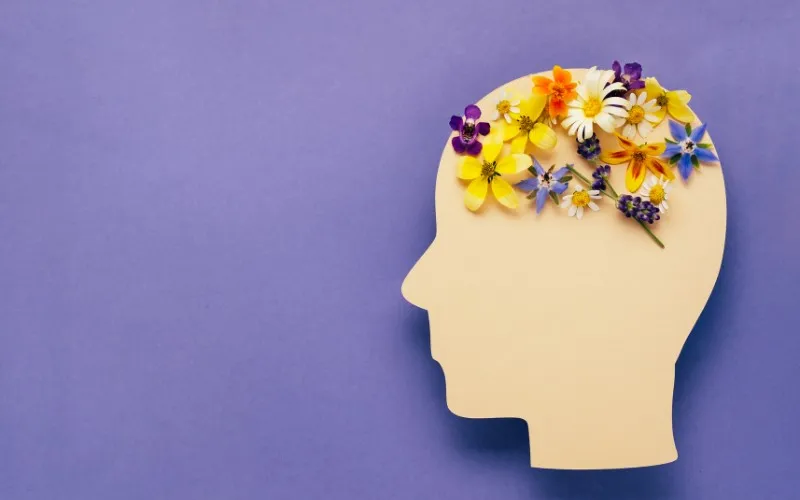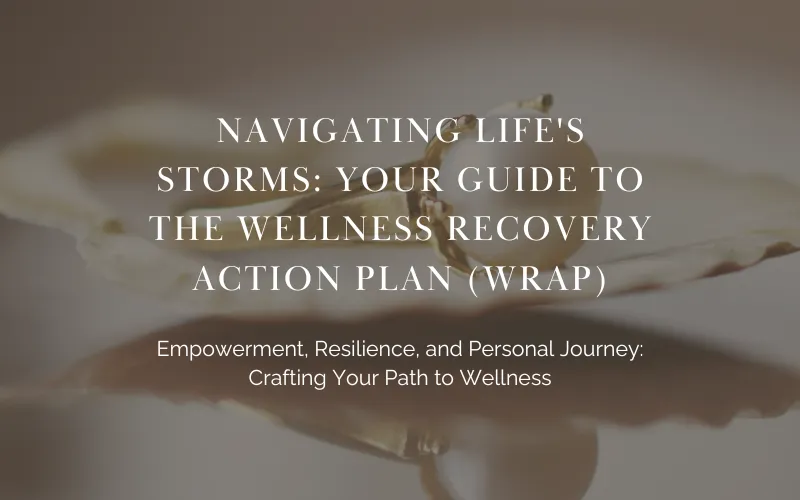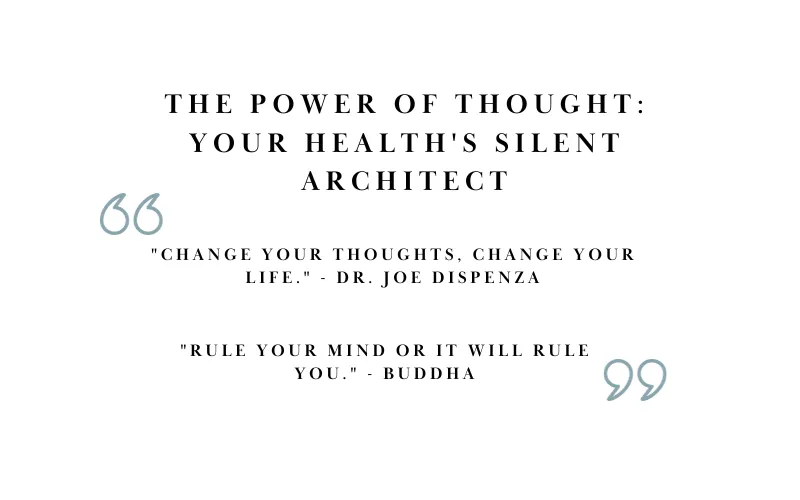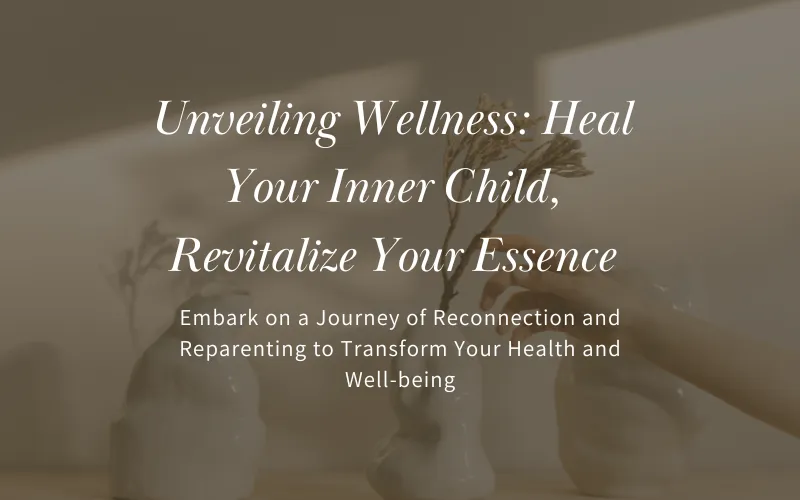Unveiling the Invisible Strings: How Our Emotions Shape Our Health!

Understanding the Connection Between Emotions and Physical Health
Our emotional well-being directly influences our overall well-being. Emotions are not just fleeting feelings; they play a crucial role in shaping our physical health. When we experience positive emotions like joy, love, and contentment, our bodies respond by releasing hormones that promote relaxation and reduce stress. On the other hand, negative emotions such as anger, sadness, and anxiety can trigger a stress response in the body, leading to increased heart rate, elevated blood pressure, and compromised immune function.
Exploring the intricate dance between emotions and health allows us to understand how our emotional state impacts various aspects of our physical well-being. By recognizing this connection, we can take proactive steps to nurture our emotional wellness and improve our overall health.
The Impact of Stress on Physical Health
Stress is an inevitable part of life, and while some level of stress can be beneficial in motivating us, chronic or prolonged stress can have detrimental effects on our physical health. The link between stress and physical health is well-established, with numerous studies highlighting the negative impact of chronic stress on various bodily systems.
The Link Between Stress and Physical Health
Chronic stress can lead to various physical health problems. When we experience ongoing stress, our bodies remain in a constant state of high alert, releasing stress hormones like cortisol and adrenaline. These hormones, when constantly elevated, can disrupt the normal functioning of our body systems.
Stress affects the immune system and increases the risk of illness. Prolonged exposure to stress hormones weakens our immune response, making us more susceptible to infections and diseases. It can also slow down wound healing and impair the body's ability to recover from illnesses.
Additionally, stress can contribute to cardiovascular issues and high blood pressure. When we are stressed, our heart rate increases, blood vessels constrict, and blood pressure rises. Over time, this chronic elevation in blood pressure can lead to hypertension and increase the risk of heart disease.
It is important to recognize the impact that stress has on our physical health. By managing stress effectively through relaxation techniques, exercise, adequate sleep, and seeking support when needed, we can minimize its negative effects on our overall well-being.
The Role of Happiness in Emotional Wellness and Physical Health
Happiness is not just a fleeting emotion; it plays a significant role in promoting both emotional wellness and physical health. When we experience happiness, our bodies respond by releasing feel-good chemicals like endorphins and serotonin, which contribute to our overall well-being.
The Benefits of Happiness for Emotional Wellness
Happiness promotes positive emotions and reduces the risk of mental health disorders. When we are happy, we are more likely to experience feelings of joy, contentment, and gratitude. These positive emotions act as a buffer against stress, anxiety, and depression. Studies have shown that individuals who cultivate happiness have lower rates of mental health disorders.
Being happy enhances resilience and coping mechanisms. When faced with challenges or setbacks, individuals who have a positive outlook on life are better equipped to handle stressors. Happiness fosters an optimistic mindset, allowing us to bounce back from adversity and find effective solutions to problems.
Moreover, happiness improves overall well-being and life satisfaction. It contributes to higher levels of self-esteem, better relationships with others, and a greater sense of purpose in life. When we are happy, we tend to engage in activities that bring us joy and fulfillment, leading to a more satisfying life.
The Impact of Happiness on Physical Health
Happiness has tangible effects on our physical health as well. Research has shown that happiness boosts the immune system and reduces inflammation in the body. Positive emotions stimulate the production of antibodies that help fight off infections and diseases. Additionally, being happy can lower levels of stress hormones like cortisol, which can contribute to inflammation.
Positive emotions also contribute to better cardiovascular health. Studies have found that individuals who experience frequent positive emotions have lower blood pressure levels and a reduced risk of heart disease. Happier individuals tend to engage in healthier lifestyle choices such as regular exercise, balanced nutrition, and adequate sleep—all factors that promote cardiovascular well-being.
Furthermore, being happy is associated with increased longevity. Research suggests that individuals who maintain a positive outlook on life tend to live longer and have a lower risk of chronic diseases. The exact mechanisms behind this relationship are still being explored, but it is clear that happiness has a profound impact on our physical health and overall longevity.
By prioritizing happiness and actively seeking out activities and experiences that bring us joy, we can enhance both our emotional wellness and physical health. Cultivating happiness is not only beneficial for our own well-being but also positively impacts those around us.
The Connection Between Mental and Physical Health
Our mental and physical health are intricately connected, with each influencing the other in a bidirectional relationship. It is important to recognize that our mental well-being can have a significant impact on our physical health, and vice versa.
The Bidirectional Relationship Between Mental and Physical Health
Mental health issues can manifest as physical symptoms. When we experience conditions such as anxiety, depression, or chronic stress, it is not uncommon for these emotional struggles to manifest physically. For example, individuals with anxiety may experience heart palpitations, muscle tension, or digestive issues. Similarly, those with depression may feel fatigued, have changes in appetite or sleep patterns, or experience unexplained aches and pains.
On the other hand, physical health problems can impact mental well-being. Dealing with chronic pain or managing a chronic illness can take a toll on our mental health. It can lead to feelings of frustration, sadness, or helplessness. Additionally, certain medical conditions that affect brain chemistry or hormone levels can contribute to the development of mental health disorders.
Addressing mental health positively influences physical health outcomes. Seeking appropriate treatment for mental health concerns not only improves emotional well-being but also has positive effects on physical health outcomes. For instance, managing stress through therapy or relaxation techniques can reduce the risk of developing stress-related illnesses like cardiovascular disease. Similarly, treating conditions such as anxiety or depression can improve sleep quality and energy levels.
Recognizing the bidirectional relationship between mental and physical health highlights the importance of taking a holistic approach to wellness. By prioritizing both our mental and physical well-being through self-care practices like regular exercise, mindfulness activities, adequate rest, and seeking professional help when needed, we can achieve optimal overall health.
Nurturing Emotional Wellness for Better Health
Recognizing the importance of emotional well-being in overall health is crucial for leading a fulfilling and healthy life. Taking proactive steps to manage stress and promote happiness can have profound effects on our physical and mental well-being. It is essential to prioritize self-care practices that support emotional wellness, such as engaging in regular exercise, practicing mindfulness or meditation, maintaining healthy relationships, and finding activities that bring joy and fulfillment.
However, it's important to remember that seeking professional help when needed is equally important. Mental health concerns should not be ignored or stigmatized. If you are struggling with your emotional well-being, reaching out to a mental health professional can provide valuable support and guidance on your journey towards better health.
By nurturing our emotional wellness, we can create a solid foundation for overall well-being. Remember, taking care of your emotions is just as important as taking care of your physical health. Start prioritizing your emotional well-being today and experience the positive impact it has on your overall health and happiness.
Embark on a Journey of Emotional Wellness: Join Our Free Group Today!
Understanding the profound connection between our emotions and health is just the beginning. Are you ready to take the next step in nurturing your emotional and physical well-being? Join our exclusive, free group today! Dive into a supportive community dedicated to exploring, learning, and growing together in our emotional wellness journey. Share experiences, gain insights, and discover new strategies for enhancing your health through emotional balance. Don't navigate this journey alone — become a part of a network that uplifts and empowers. Click below, and let's
thrive together!
Join FREE Group Here — Your journey to holistic health starts here.
References
- Sapolsky, R. M. (2004). Why zebras don't get ulcers: The acclaimed guide to stress, stress-related diseases, and coping (3rd ed.). New York: Henry Holt and Company. Google Books.
- Thayer, J. F., Åhs, F., Fredrikson, M., Sollers, J. J., & Wager, T. D. (2012). A meta-analysis of heart rate variability and neuroimaging studies: Implications for heart rate variability as a marker of stress and health. Neuroscience & Biobehavioral Reviews, 36(2), 747-756. Retrieved from ScienceDirect.
- Harvard Health Publishing. (2011). Understanding the stress response. Retrieved from Harvard Health.
- Steptoe, A., Dockray, S., & Wardle, J. (2009). Positive affect and psychobiological processes relevant to health. Journal of Personality, 77(6), 1747-1776. Retrieved from Wiley Online Library.
- Davidson, R. J., & McEwen, B. S. (2012). Social influences on neuroplasticity: Stress and interventions to promote well-being. Nature Neuroscience, 15(5), 689-695. Retrieved from Nature.
- Mayo Clinic. (2021). Chronic stress puts your health at risk. Retrieved from Mayo Clinic.








